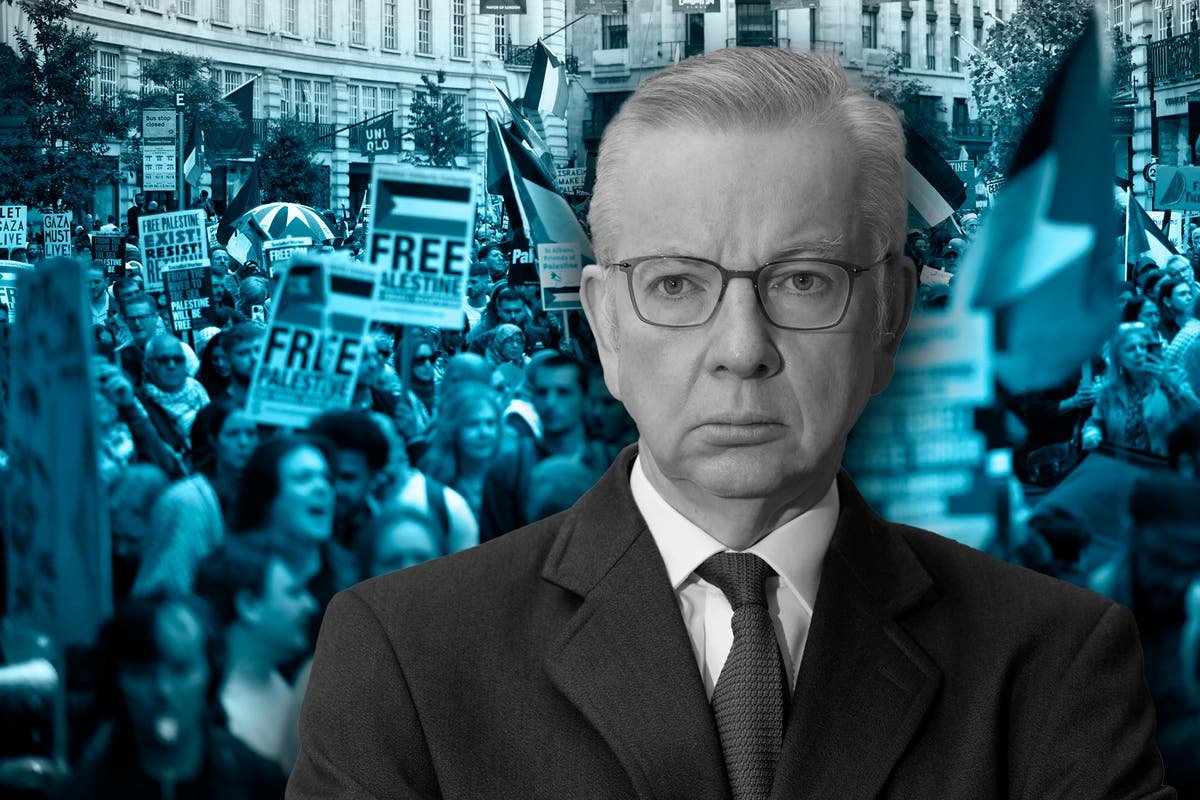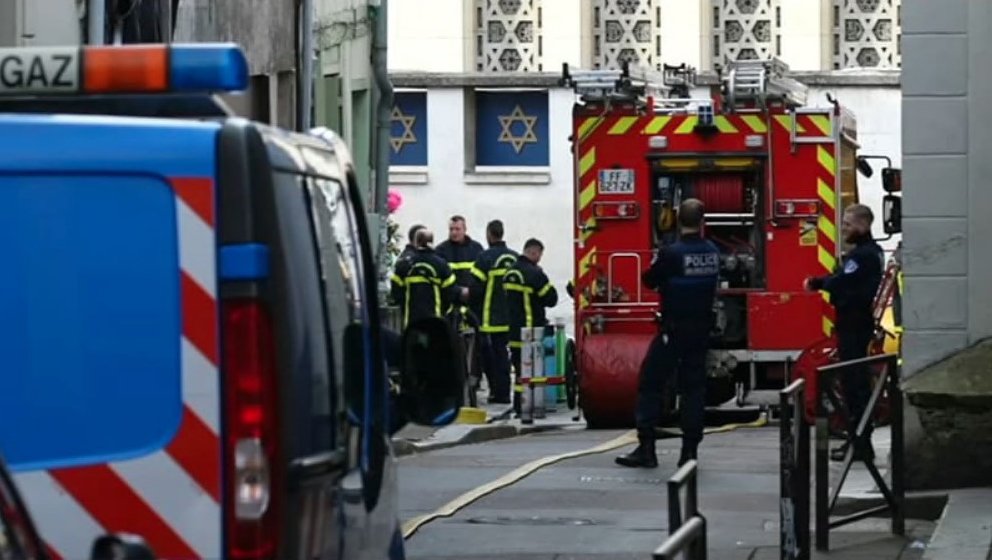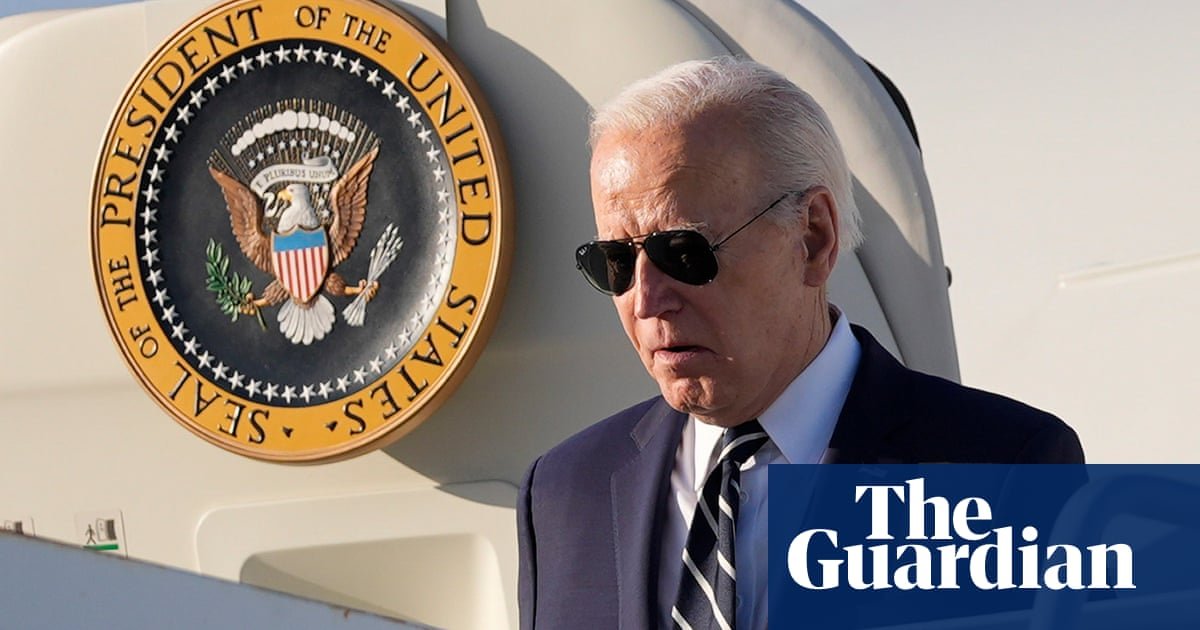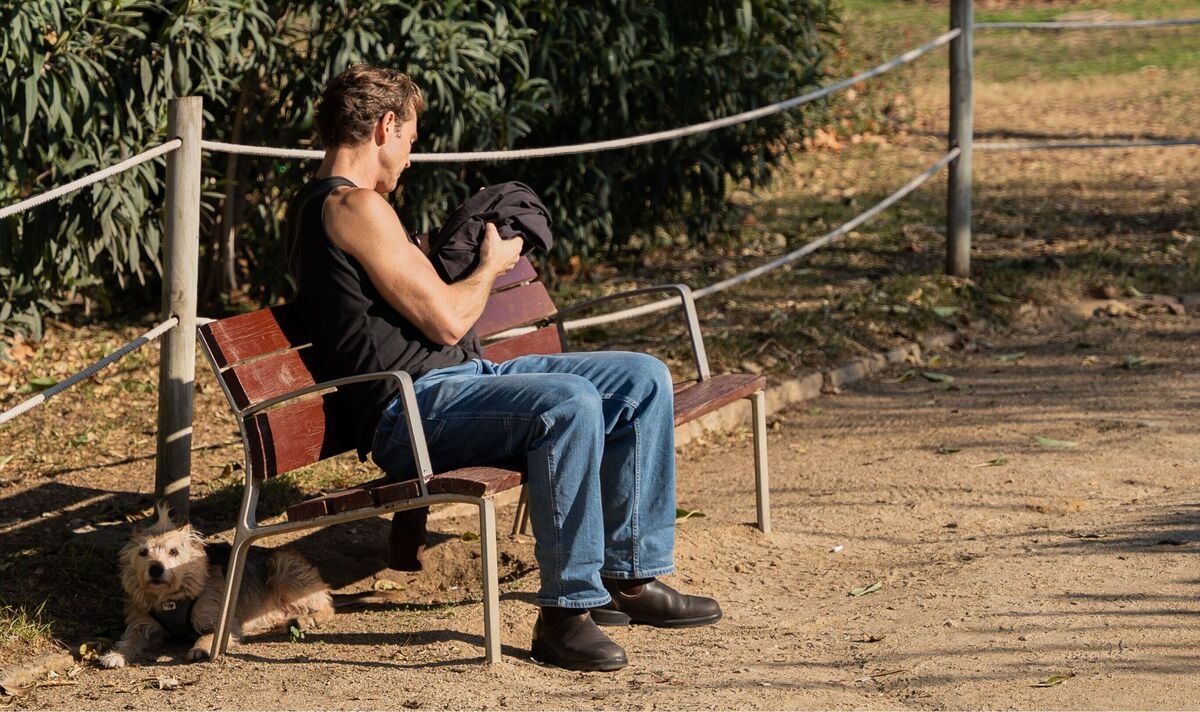Michael Gove has revealed plans to “make marchers pay” for the massive weekly pro-Palestinian protests dominating the centre of London at weekends.
In a hard hitting speech this morning Mr Gove warned of a huge rise in antisemitism in the UK, pointing out that the number of incidents were up 147 percent last year.
He pointed to evidence from the Community Security Trust (CST) stating that two-thirds of the 4,103 antisemitic incidents occurred on or after Hamas’ October 7 attack on Israel, which triggered the war in Gaza last year
The communities secretary announced a number of measures to tackle extremism from Islamists, the far right and the extreme left.

His speech came ahead of the publication of the Lord Walney review into political violence. The review recommended that government tighten laws to ban Gaza protests taking place on certain days as well as calling for powers to help businesses claim damages from protest organisers.
Lord Walney has called on ministers to expand the Public Order Act 1986 so that police have greater powers to stop marches from going ahead.
Politicians expressed “grave concerns” when pro-Palestine protests went ahead over Remembrance weekend last year, and right-wing groups set out to confront the marchers.
Mr Gove’s speech came as the high court ruled that government attempts to lower the threshold for police to tackle serious disruption in marches and protests were “unlawful”.
Mr Gove declared that the Boycott, Divestment, Sanctions (BDS) movement on the left directed at boycotting Israeli academia and businesses is “antisemitic”.
Among his measures was a threat to “make marchers pay” for the repeated disruption and cost of policing.
He said: “I don’t want to make it unaffordable for groups to protest but when groups protest again and again and again then I think it is fair to ask them to pay.”
Lord Walney had recommended in his review that protest organisers contribute to the policing costs of their demonstration. He said that the UK democracy was “at a crossroads” and must be defended from extremists on the left and right.
Mr Gove also urged Labour peers to stop slowing down the progress of legislation to allow antisemitism to be tackled more effectively.
He said there will be national advisers on antisemitism and hatred against Muslims.
But in a speech which warned of the UK and other western democracies “descending into darkness”, Mr Gove said that the organisers of marchers had not done enough to tackle “antisemitic tropes” such as the singing of From the River to the Sea which is understood to mean the destruction of the state of Israel.
He has also been alarmed by Nazi smbols on marches.
The event was hosted in north London at the JW3, the only Jewish community and arts centre in the UK.
Addressing an audience of Jewish community leaders, Mr Gove spoke of his horror of how antisemitism had quickly erupted “within hours” of Hamas’s brutal attack on October 7, the worst single loss of life of Jews in a day since the Holocaust.
Quoting the late chief rabbi Jonathan Sachs, Mr Gove said that “antisemitism is a virus that evolves”.
He said it had gone from medieval religious hatred to an “attempt to delegitimise the state of Israel.”
Mr Gove argued that attacks on Israel were “attacks on western values”, particularly by Marxists and he pointed out that supporters of antisemitic movements are Iran, Russia and China.
Comparing the treatment of Israel’s attempts to defend itself to atrocities around the word by largely leftwing protesters, Mr Gove said: “There are no BDS campaigns directed against Bashar Assad’s Syria regime guilty of killing more Muslims in living memory than any other. There are no student encampments, urging university administrators to cut all ties with China.
“Given what is happening in Xinjiang or Hong Kong, or what happened in Tibet, I know of no efforts to organise marches in their thousands to demand immediate action to stop the persecution of the Rohingya or Korean people by Myanmar’s government.
“I may have missed it, but agitation to end the war in Sudan, or in the Democratic Republic of Congo, or Mali, or Ethiopia, does not seem to energise our campuses. And nowhere is there any suggestion other than with Israel, that the errors or even crimes of a country’s leaders should necessitate the end of that country’s independent existence.”
Referring to an anti-western agenda behind the attacks on Israel, he went on: “The decolonization narrative is meeting during the idea that the success of liberal western nations is built on plunder and exploitation, that we seek even now to dominate others through illegitimate means, and that our attachment to freedom as mere hypocrisy is central to their efforts to advance their goals.
“That is why forces within those powers seek to influence the debate in our country. They want to weaken our collective resolve in support of democratic values, and fellow democracies. And they know that if they cannot undermine support for Israel, by encouraging a broader lack of self confidence in the West values, they have secured a signal victory.”
But there was a blow to the government in its attempts to tackle the pro-Palestinian marches with the high court ruling against the lowering of the threshold for police to intervene.
Civil liberties group Liberty had brought legal action against the Home Office over protest regulations passed by statutory instrument last year.
The government measures lowered the threshold for what is considered “serious disruption” to community life, from “significant” and “prolonged” to “more than minor”.
The changes were made to tackle groups like Just Stop Oil from blocking roads but they also impacted pro-Palestinian demonstrations.
They also allowed police officers to take into account “any relevant cumulative disruption” of repeated protests.
The regulations came after the Government tried to introduce the same changes when the Public Order Bill went through Parliament, but they were rejected by the Lords at the time by 254 votes to 240.
Two judges ruled for the group, finding the Home Office acted outside of its powers by reducing the threshold and failed to carry out a fair consultation process.
Lord Justice Green and Mr Justice Kerr said: “As a matter of ordinary and natural language ‘more than minor’ is not within the scope of the word ‘serious’.”
The judges continued: “Under section 2A(b), when considering whether a public procession or assembly may result in ‘serious disruption to the life of the community’ a senior police officer ‘must’ take into account all relevant disruption and ‘may’ take into account any relevant cumulative disruption.
“If we are correct in our conclusion that ‘serious’ does not include ‘more than minor’, that affects how the police apply the connected concepts of ‘disruption’ and ‘cumulative’ because it is critical context to those provisions.”
As the regulations were approved, then-home secretary Suella Braverman argued the changes would provide “further clarity” for police.
She told MPs in June 2023: “People have a right to get to work on time free from obstruction, a right to enjoy sporting events without interruption and a right to get to hospital.
“The roads belong to the British people, not a selfish minority who treat them like their personal property….In some cases the protests have aggravated the public so much that they’ve taken matters into their own hands.
“They’ve lost their patience, the police must be able to stop this happening and it’s our job in Government to give them the powers to do so.”










